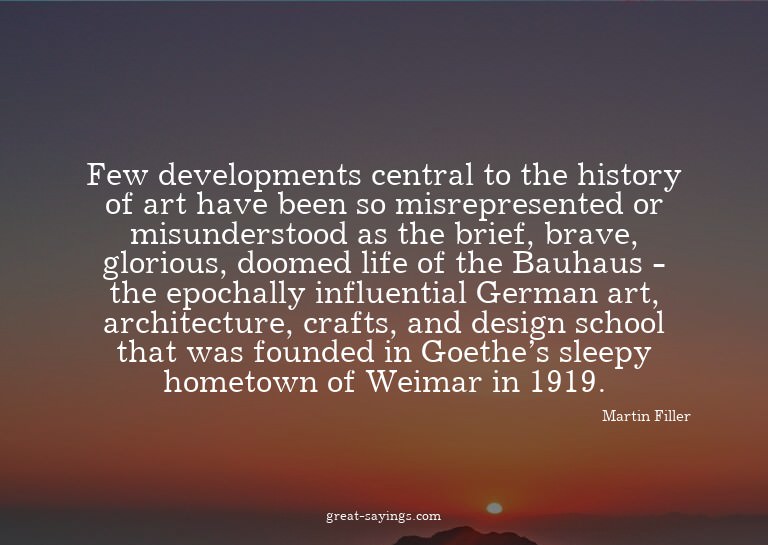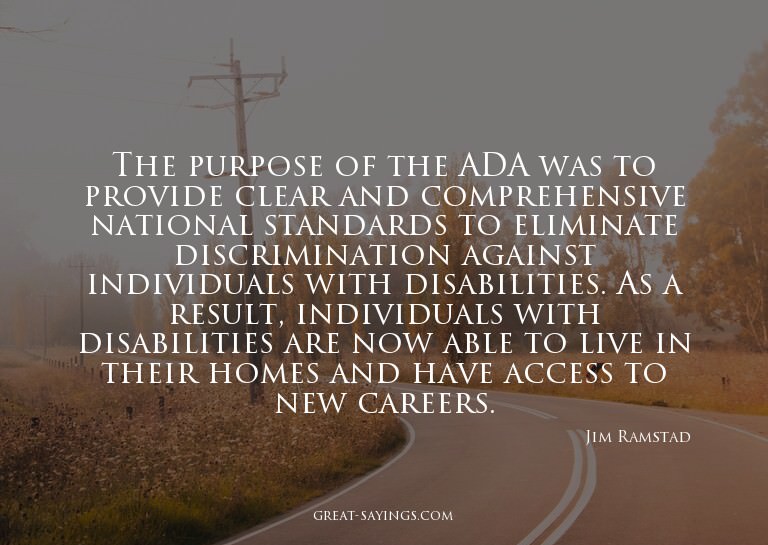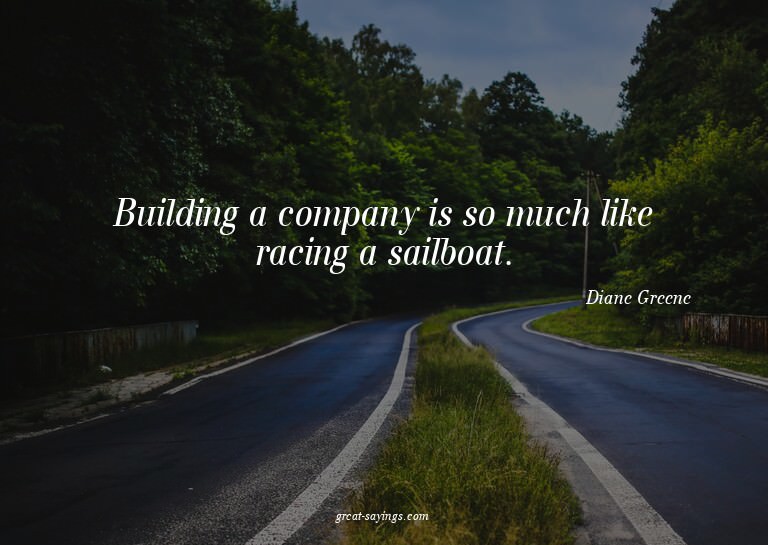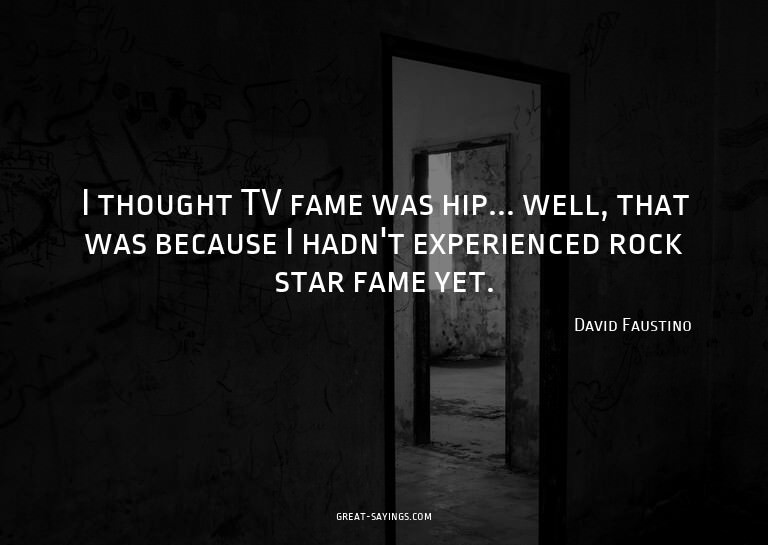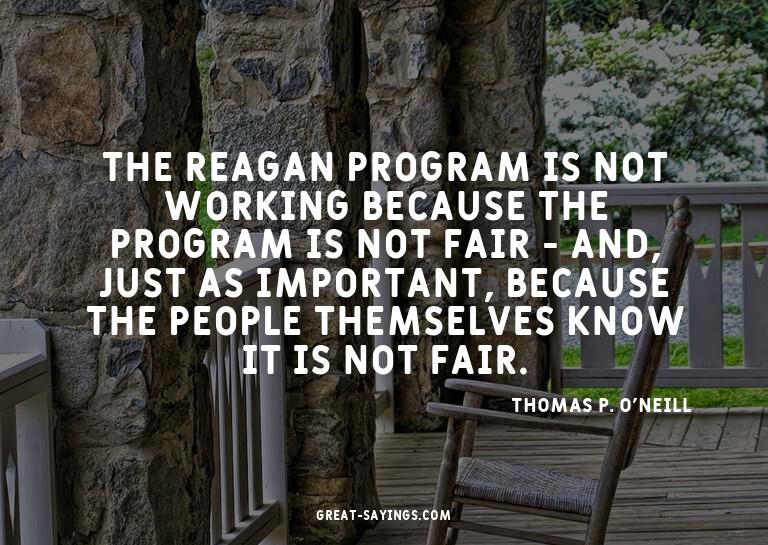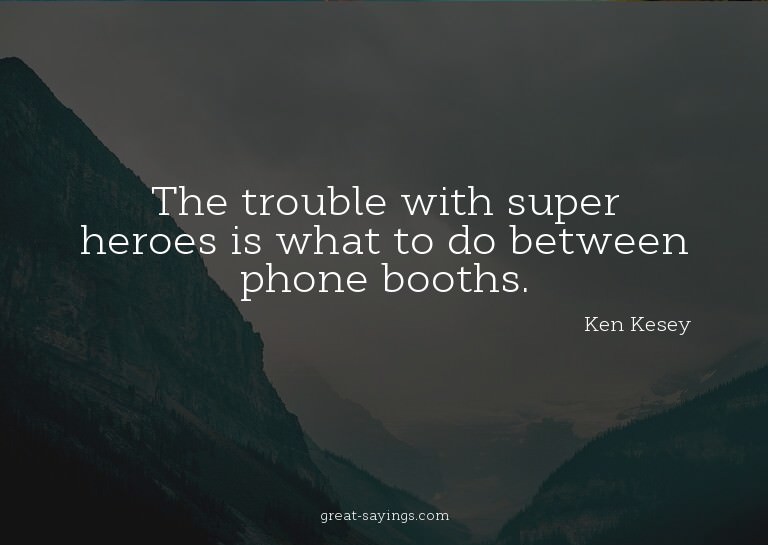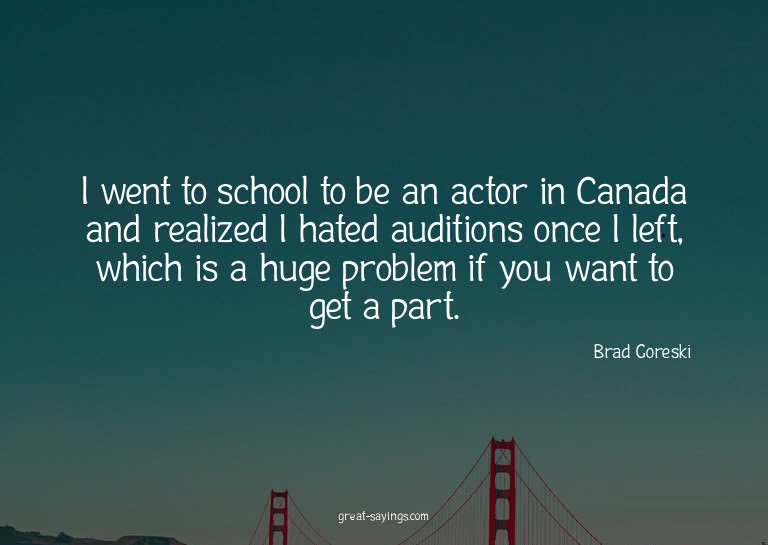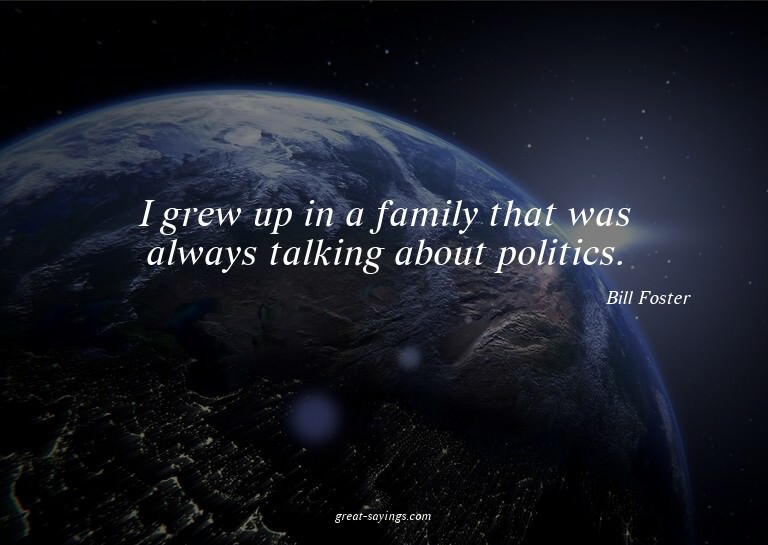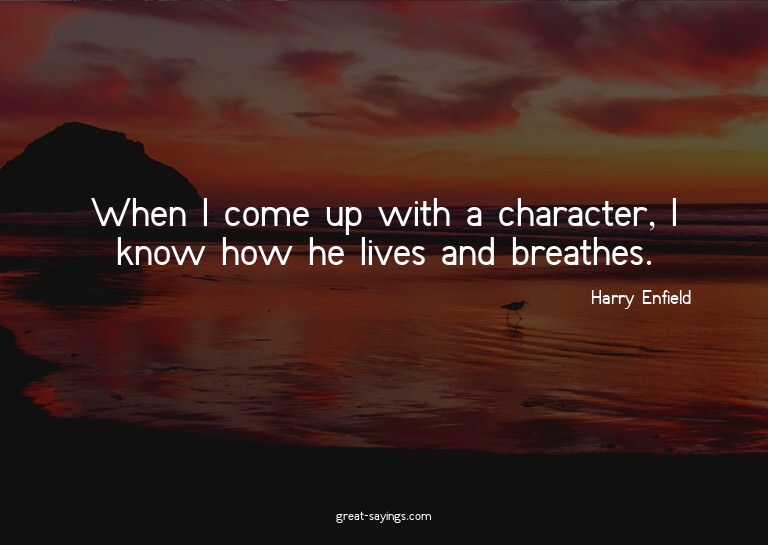Words matter. These are the best Julian Treasure Quotes, and they’re great for sharing with your friends.
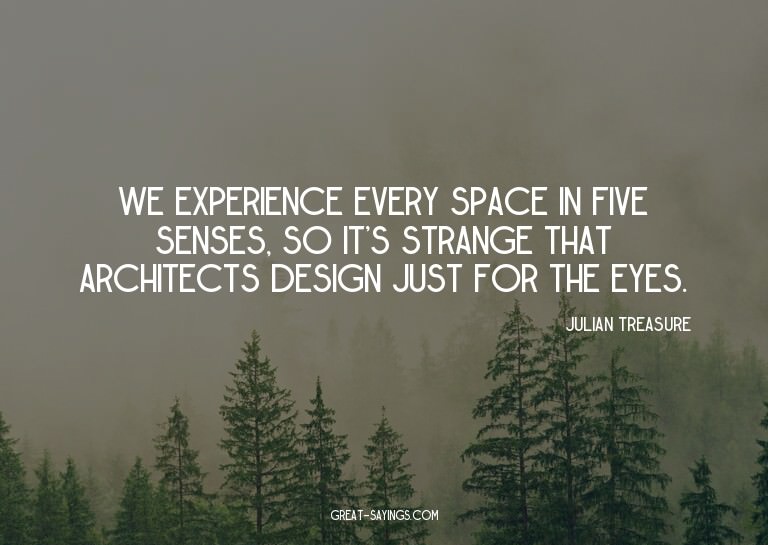
We experience every space in five senses, so it’s strange that architects design just for the eyes.
I’m totally obsessed with sound. It’s my life.
We spend all our time teaching reading and writing. We spend absolutely no time at all, in most schools, teaching either speaking or, more importantly still, listening.
I have visited a number of boutique hotels where you feel there is a little bit of self-indulgence going on.
People often mistake our mission at The Sound Agency for a crusade for silence, but actually, silence is in many ways just as bad as too much noise.
Sadly, piped music in so many public spaces is often just more noise. Rarely is it carefully designed to enhance our experience; much more likely it is there because retailers have subscribed to an incorrect view that music makes people spend more.
For the great speakers, it’s all about the audience. And the feeling they have is that they’re giving a gift, of maybe knowledge or inspiration or motivation.
We vote for politicians with lower voices, it’s true, because we associate depth with power and with authority.
My dream is to make the world sound better, but the only way to do that is to let businesses see that there is profit in it.
All of our physical rhythms are being affected by sound outside us all the time.
I think it’s pretty pointless, my children learning to use a keyboard – we will just talk to our computers. Why would we not?
Listening is a crucial aspect of democracy. Listening creates understanding, and understanding permits one of the most important things about every democracy, which is civilized disagreement.
Conscious listening is very largely overlooked in the mainstream of education. It’s such an important skill in life. And yet we expect children to pick it up from home or from peers informally.
Retailers don’t think about why they have music. There are a number of issues. It can be very powerful in the right place, where it is played appropriately.
There are just huge benefits to come from designing for the ears in our health care.
Your ears are always on – you have no ear lids. They work even when you sleep.
We all like to look good. However, this basic human desire can often get in the way of our listening and our speaking. This tendency often evinces itself in two simple words: ‘I know.’ But if I know everything, what can I learn? Absolutely nothing.
Someone else’s paper is fascinating until you buy it yourself. Then it loses its appeal, and you have to pass it on to someone else to reinvigorate it.
Intention is very important in sound, in listening. When I married my wife, I promised her I would listen to her every day as if for the first time. Now that’s something I fall short of on a daily basis.
Some of my best friends are architects. And they definitely do have ears. But I think sometimes they don’t use them when they’re designing buildings.
A sonic logo on its own isn’t going to do very much. We get frustrated with smaller brands who come to us and say, ‘We need a bing-bong’. You just can’t encapsulate a brand for £500 in a three-second sound. It doesn’t work.
When you hear a child’s voice, it will have that immediate effect of putting you in mind of looking after children.
I often go into shops and ask them to turn the music down.
Sound changes moods, yet most of the sound around us is unplanned.
Every individual’s listening is as unique as his or her fingerprints because we all listen through filters that develop from our personal mix of culture, language, values, beliefs, attitudes, expectations and intentions. That is why one person’s musical taste is another person’s hideous noise.
The human voice: It’s the instrument we all play. It’s the most powerful sound in the world, probably. It’s the only one that can start a war or say ‘I love you.’ And yet many people have the experience that when they speak, people don’t listen to them.
My mother, in the last years of her life, became very negative, and it’s hard to listen. I remember one day, I said to her, ‘It’s October 1 today,’ and she said, ‘I know, isn’t it dreadful?’ It’s hard to listen when somebody’s that negative.
Sound affects us physiologically, psychologically, cognitively, and behaviorally all the time. The sound around us is affecting us even though we’re not conscious of it.
I think absolute honesty may not be what we want. I mean, ‘My goodness, you look ugly this morning.’ Perhaps that’s not necessary.
The desire to be right can be very destructive in relationships.
Not even a woman cannot understand two people talking at the same time.
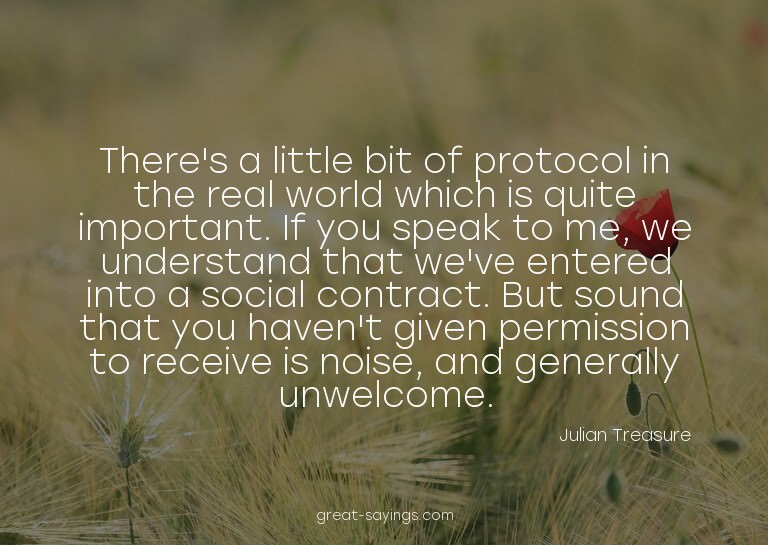
There’s a little bit of protocol in the real world which is quite important. If you speak to me, we understand that we’ve entered into a social contract. But sound that you haven’t given permission to receive is noise, and generally unwelcome.
We move through soundscapes all the time, and most of them are accidental – a by-product. Most retail soundscapes are accidental, incongruent with the brands, and mostly hostile.
This devaluing of listening is handed down from generation to generation. There are many children who don’t have the experience of being listened to by their parents.
While interrupting is not always wrong, it should never become a habit.
If you’re surrounded by noise all the time, it has a pretty bad effect on the spirit.
By starting to pay attention to our natural soundscapes, businesses can reduce staff turnover, increase productivity, and increase profits.
You can detect a hostile listening or a bored listening or a tired listening or an excited and engaged listening.
Unlike so many other sounds, there’s no maximum exposure to birdsong.
We have the capacity for about 1.6 human conversations, so if you’re listening to one conversation particularly, you’re only left with 0.6 for your inner voice that helps you write.
Music is designed to be listened to, so it’s calling for attention all the time, syphoning off our very limited auditory bandwidth and elbowing aside our ability to listen to the voice in our head we need when we’re doing mental work.
The need to be right can arise from a fear of being disrespected. Or it may come out of the fear of being seen as we really are: as flawed human beings who are perfectly imperfect and full of contradictions and confusions.
A great deal of our work involves switching music off.
People find birdsong relaxing and reassuring because over thousands of years, they have learnt when the birds sing, they are safe; it’s when birds stop singing that people need to worry.
Just three minutes a day of silence is a wonderful exercise to reset your ears and to recalibrate so that you can hear the quiet again. If you can’t get absolute silence, go for quiet; that’s absolutely fine.

